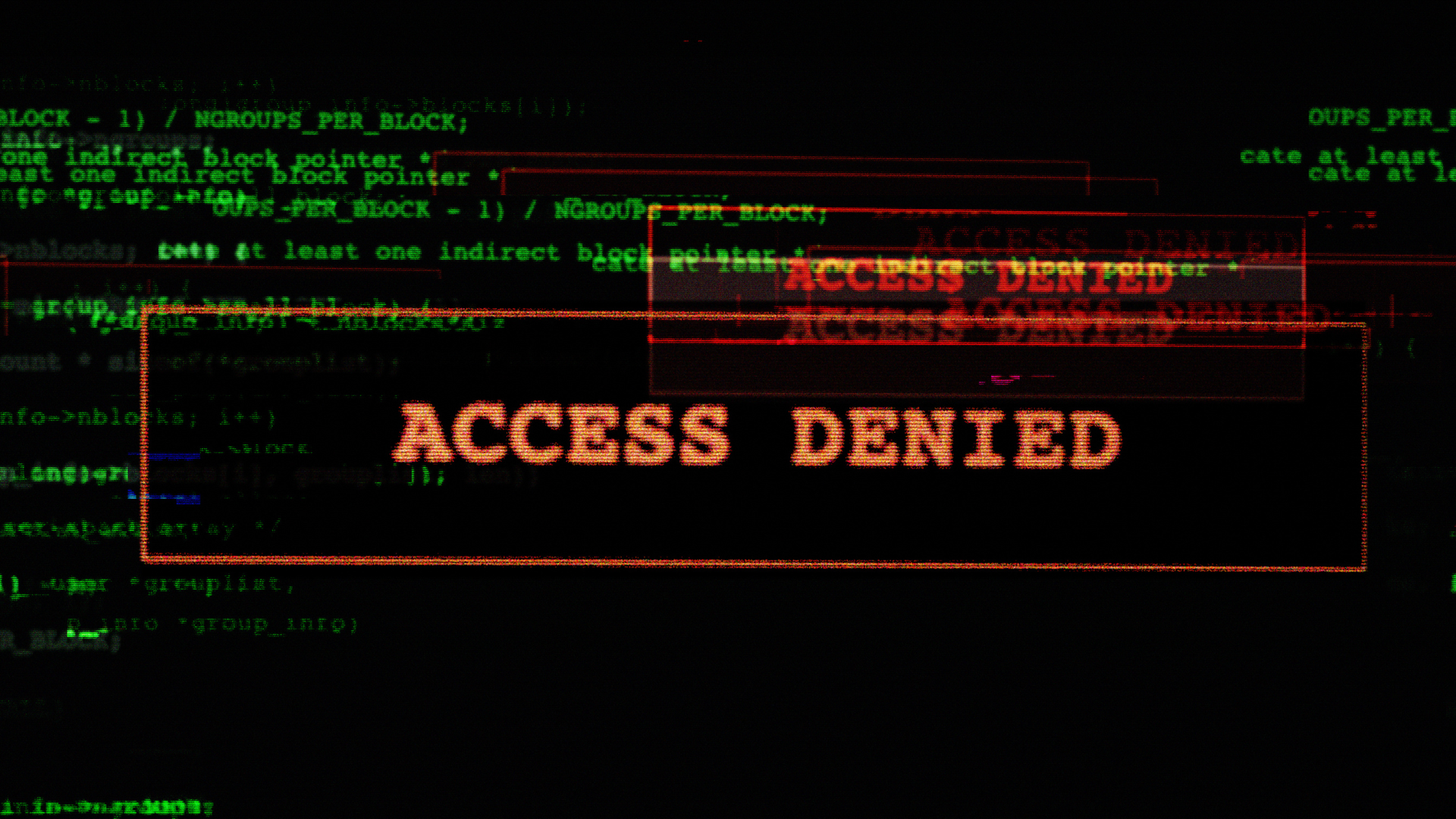BLOG

Most modern businesses rely on third-party applications to operate. Payments, customer support, analytics, file sharing, automation. Nearly every workflow depends on integrations. But every integration you enable creates another doorway into your environment. A growing number of data breaches now originate with third-party vendors, not direct attacks. When an integration is compromised, attackers don’t stop at the app. They move into your systems, your data, and your operations. For businesses in San Marcos and across Central Texas, the message is clear: integrations are powerful, but they must be vetted and monitored like any other critical system. Why Third-Party Integrations Deserve More Attention Third-party tools exist because building everything in-house isn’t practical. APIs speed up deployment, reduce cost, and give teams functionality they couldn’t otherwise support. But integrations also: Expand your attack surface Inherit someone else’s security decisions Increase your compliance responsibilities If a connected vendor fails, your business absorbs the downtime, data exposure, and reputational damage. The Real Risks Behind Third-Party Apps Security Exposure A poorly secured plugin or API can introduce vulnerabilities that bypass your internal controls. If attackers compromise the vendor, they often use that trusted connection to move laterally into your environment. Privacy and Compliance Gaps Even well-known vendors can mishandle data. They could store it in the wrong region, share it with subcontractors, or use it beyond stated purposes. Those mistakes still land on your business. Operational and Financial Impact When integrations fail, workflows break. Billing systems stall. Data stops syncing. In many cases, outages and financial losses trace back to weak integration oversight. A Practical Checklist Before Connecting Any Third-Party App Before approving a new integration, review it through a business-risk lens, not just convenience. Security Credentials and Audits Look for evidence of real security practices such as SOC 2 reports, ISO certifications, or recent penetration testing. Vendors should be able to explain how they handle vulnerabilities. Encryption Standards Data should be encrypted both in transit and at rest using modern protocols. If documentation is vague, that’s a red flag. Authentication and Access Controls Integrations should support modern authentication standards and enforce least-privilege access. Tokens should rotate and expire automatically. Logging and Monitoring The vendor should provide detailed logs and alerts. Your own systems should also monitor integration activity to detect unusual behavior. Versioning and Change Management Understand how updates, deprecations, and breaking changes are communicated. Poor version control causes unexpected outages. Rate Limits and Abuse Controls Throttling protects both sides. Without it, misuse or automated attacks can overwhelm systems. Contracts and Accountability Agreements should define security expectations, response timelines, and your right to request security information. Data Location and Jurisdiction Know exactly where data is stored and processed. This matters for privacy laws, contracts, and client trust. Resilience and Recovery Ask how the vendor handles backups, failover, and disaster recovery. Integrations should not be a single point of failure. Dependencies and Supply Chain Risk Understand what third-party libraries and services the vendor relies on. A weak dependency can become your problem overnight. Treat Integrations as Ongoing Risk, Not One-Time Approvals Integration reviews shouldn’t stop once a tool is connected. Vendors change, platforms evolve, and risks shift over time. Regular reviews, monitoring, and clear contracts prevent the kind of surprises that lead to outages, breaches, and emergency cleanup. If you’re unsure how exposed your current stack is or need help building a repeatable vetting process, HCS can help. We work with Central Texas businesses to secure integrations in a way that supports real operations, not just compliance checkboxes. Contact HCS to review your integrations and eliminate unnecessary risk before it becomes a problem.









